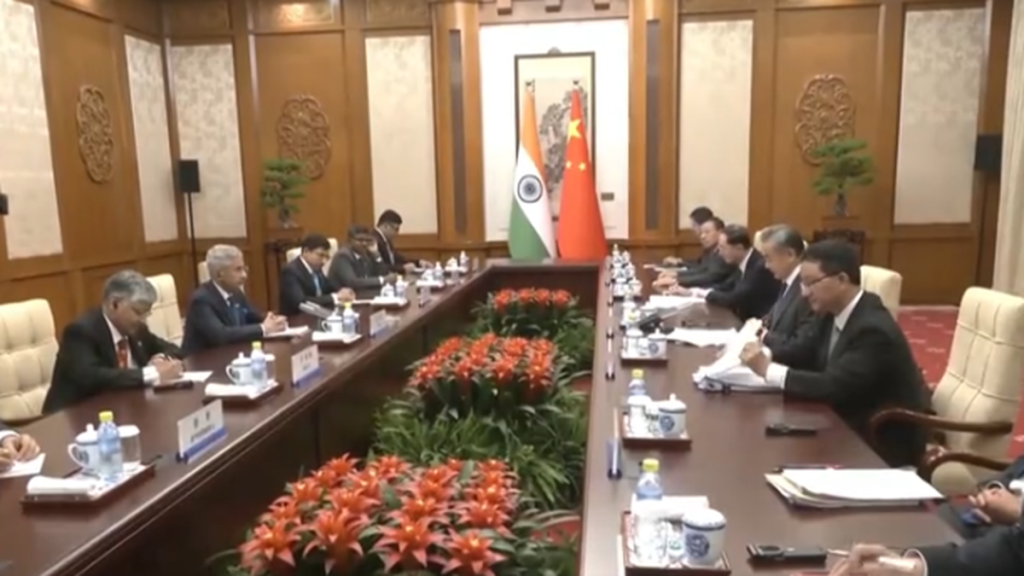Now Reading: NASA’s New Imaging Revolutionizes Mars Exploration
-
01
NASA’s New Imaging Revolutionizes Mars Exploration
NASA’s New Imaging Revolutionizes Mars Exploration

Quick Summary
- Mariner 4 (1965): First-ever images of another planet,Mars,came to Earth,showcasing its cratered surface. The mission ignited decades of scientific curiosity.
- Viking 1 (1976): First spacecraft to land on Mars sent high-resolution images of a dry and rocky landscape.
- Viking Orbiter (1980): Mapped major Martian features like Valles Marineris before the Viking missions concluded.
- Pathfinder and Sojourner Rover (1997): Delivered panoramic ground visuals with advanced imaging under NASA’s cost-saving initiative.
- Spirit and prospect Rovers (2004 onwards): Enhanced exploration using mast-mounted panoramas and microscopic cameras; iconic finds included “blueberries” on Mars’ surface.
- Mars Reconnaissance Orbiter’s HiRISE camera: Operative since 2006; revealed detailed imaging of Martian craters, dunes, potential landing zones for rovers or astronauts.
- Curiosity & Perseverance Rovers: Advanced cameras producing high-resolution color images as 2012, including sand textures and hazard avoidance functionalities.Perseverance incorporated dynamic aerial recording during operations in 2021.
- Ingenuity Helicopter: First aerial imagery captured in August 2023 over the Red Planet using commercial-grade color cameras during its historic flights.
Indian Opinion analysis
NASA’s advancements in planetary imaging over the last six decades highlight an explosive growth in technological capabilities essential for understanding extraterrestrial terrains. Lessons from past missions – ranging from cost-effective engineering initiatives to higher-resolution explorations – have laid the groundwork for scientific breakthroughs that could eventually support human presence beyond Earth.
For India’s robust space ambitions through ISRO initiatives like Chandrayaan and Mangalyaan, there is clear value in embracing similar developments.As global space exploratory efforts advance into areas such as rover mobility technology or aviation within alien atmospheres like Ingenuity’s flight on Mars, India’s future strategies might find inspiration here to push boundaries further within lunar or Martian exploration programs while maintaining cost efficiency-a hallmark shared with NASA Pathfinder-era missions.
Understanding multi-decade partnerships behind instruments such as HiRISE can inform india’s collaborative approaches toward creating long-term exploratory infrastructure across international borders.Such thoughtful engagement could further strengthen India’s position among rising challengers in interplanetary discovery domains.

























